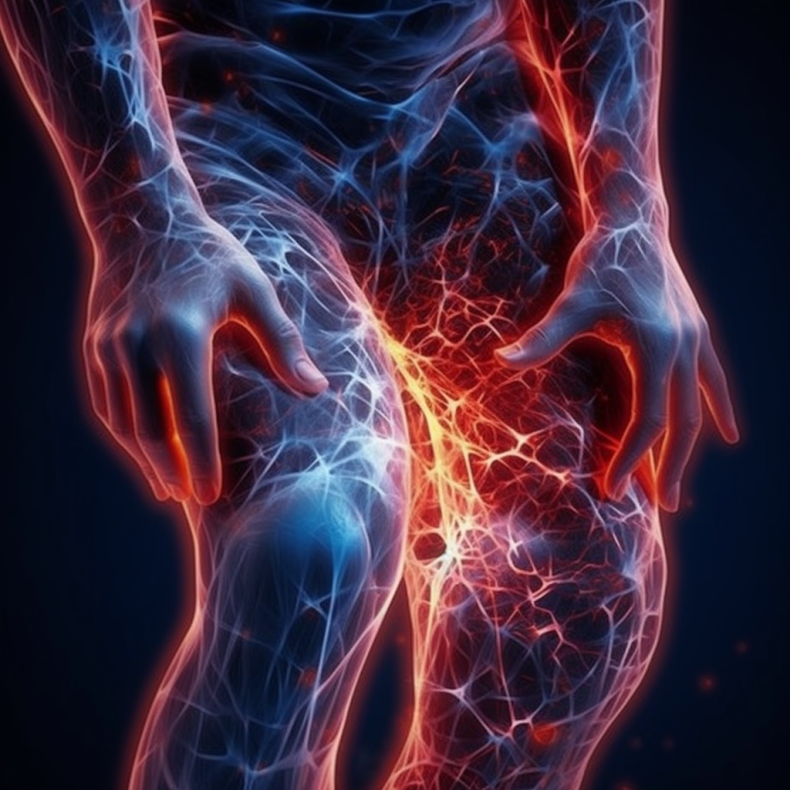
Are you looking for a new way to cope with post-traumatic stress disorder (PTSD)? Ketamine therapy might be the answer.
It’s a promising form of treatment that has been found to reduce symptoms associated with PTSD.
In this article, we’ll explore how ketamine works and what potential benefits it may have for those suffering from PTSD.
We’ll also look at any risks associated with ketamine therapy so you can make an informed decision about if it’s right for you.
What is Ketamine Therapy?
You might have heard of a treatment that can help you overcome the trauma from your past. Imagine feeling like a weight has been lifted off your shoulders after just one session.
This treatment is called ketamine therapy and it’s quickly becoming a popular option for individuals suffering from Post Traumatic Stress Disorder (PTSD). Ketamine therapy involves intravenous or intramuscular injections of the drug, which works by blocking certain receptors in the brain to reduce stress levels and create an overall feeling of relaxation.
By temporarily changing how the brain processes information, ketamine can be used to break down traumatic memories and allow individuals to move on with their lives. Research suggests that ketamine therapy can help reduce symptoms such as anxiety, depression, flashbacks, and nightmares associated with PTSD.
Additionally, it’s generally well tolerated by most people who receive it and doesn’t require long-term commitment or lifestyle changes. If you’re looking for an effective way to address the trauma in your life, consider giving ketamine therapy a try!
How Does it Work?
You’ve likely heard of the potential benefits of this treatment, but how exactly does it work?
Ketamine therapy for PTSD works by targeting and altering specific areas in the brain which control pain, depression, and anxiety. By blocking certain receptors in the brain, ketamine is able to reduce symptoms associated with these conditions.
In addition, because ketamine has a rapid onset effect within minutes, patients may experience relief from their symptoms very quickly. The effects of ketamine can last up to several hours depending on the patient’s individual response.
As such, it’s often used as a short-term treatment option for those suffering from PTSD and other mental health issues.
Potential Benefits of Ketamine Therapy
Experience relief quickly with this short-term treatment option, offering potential benefits for those suffering from mental health issues. Ketamine therapy for PTSD has been associated with a number of positive outcomes that may be beneficial for patients. These include reduced symptoms of depression and anxiety, improved sleep and overall mood, enhanced cognitive functioning, and relief from trauma-related symptoms such as flashbacks, nightmares, or intrusive thoughts.
Additionally, the effects are often seen within hours of administration and can last days to weeks after one session. This makes ketamine an attractive alternative to other forms of treatment which often take months or even years before any noticeable improvement is seen in a patient’s condition.
Furthermore, unlike many traditional therapies which involve talking about traumatic events and reliving them over again, ketamine works by inducing a dissociative state where memories are not accessed or discussed at all. Therefore, this form of therapy helps individuals cope without having to revisit their painful experiences.
Conclusion
You’ve seen the potential benefits of ketamine therapy for treating PTSD. It’s important to remember that this treatment isn’t a one-size-fits-all solution, and it comes with its own set of risks.
Before deciding if ketamine therapy is right for you, make sure to have an open and honest discussion with your doctor about the pros and cons of the treatment.
With all that being said, it’s clear that ketamine has shown promise in helping those who suffer from PTSD find relief from their symptoms.
If you think ketamine therapy might be a good fit for you, don’t hesitate to discuss it with your doctor and explore the possibilities!






